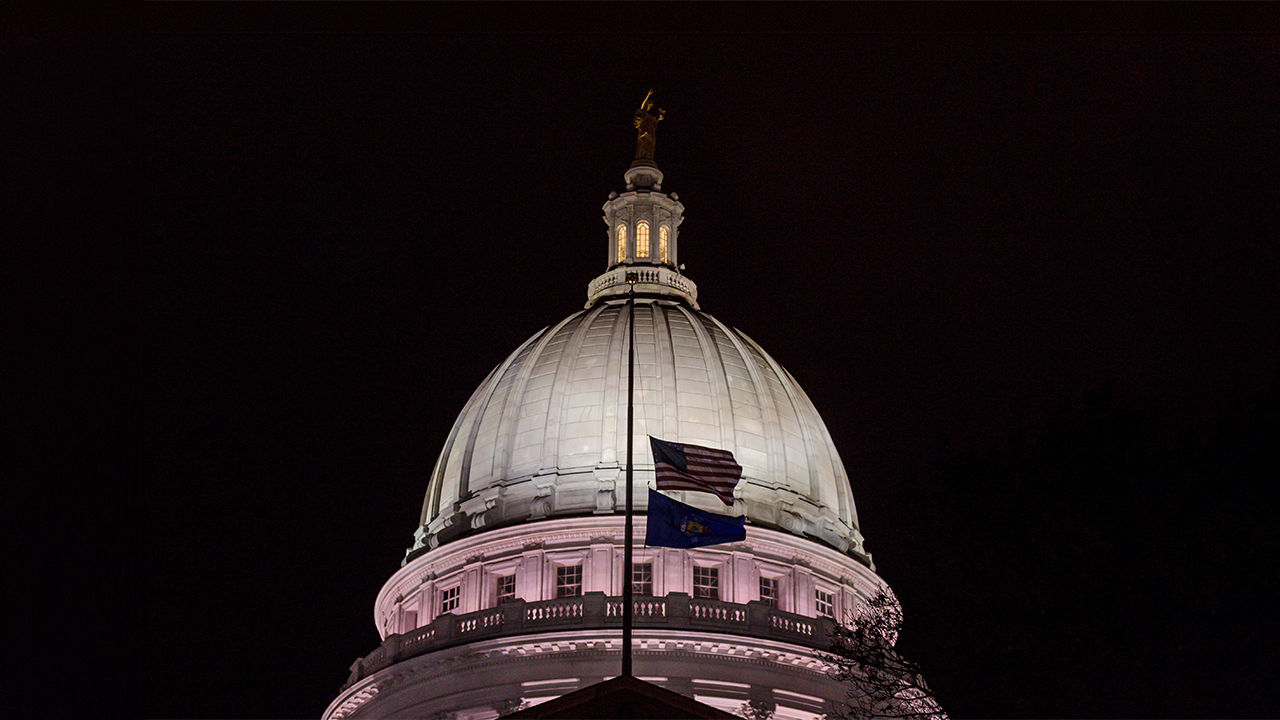In February Democrats in Wisconsin celebrated when Tony Evers, the Democratic governor, signed into law new maps for the state legislature and Senate. The maps were the result of Democrat-aligned judges becoming the majority on the state Supreme Court, and the signing undid 13 years in which Republicans won lopsided majorities on thin vote margins. It constituted a “sea change”, said Ben Wikler, the state’s Democratic Party chairman, and on November 5th voters would have a real chance to throw out their Republican legislative leaders for the first time.
They didn’t. With several seats still undetermined, Republicans controlled 52 of the 99 seats in the state legislature—a big drop from their previous 64, but still a solid majority. They lost their supermajority in the state Senate, but retained control. Wisconsin reflected dashed hopes for Democrats down-ballot across America. Whereas in 2022 four state legislatures flipped to Democratic control, this time Republicans clawed some back. Overall, the result was a slight increase in divided government.
In Michigan Democrats lost their narrow trifecta, and that seemed likely in Minnesota as well, where two races are heading for recounts. In Pennsylvania, where the governor is a Democrat and his party controlled the House but not the Senate, they were on track to lose it. In New Hampshire, in one of the few competitive governor’s races, Kelly Ayotte, a Republican, beat her Democratic opponent comfortably, which means the party should retain its trifecta. Democrats also seemed unlikely to make good on hopes of taking the Arizona House of Representatives for the first time since the 1960s.
The news for Democrats was not universally bleak. They won the governorship of North Carolina, where Josh Stein defeated Mark Robinson, who was revealed to have described himself as a “black Nazi”. They also won the offices of the lieutenant-governor, attorney-general and superintendent of public schools and broke the Republican Party’s supermajority there, meaning that the state’s Republicans will have to negotiate with Mr Stein if they want to get legislation passed over his veto. Democrats also held onto their supermajorities in the state legislatures in New York and Illinois, despite the surges for Donald Trump in the presidential races there. Republicans did not add any states to the 22 they already completely control.
What does it mean? State governments are powerful. In Minnesota and Michigan, for example, taking control of governments in 2022 allowed the Democratic governors to pass swathes of legislation—legalising cannabis, introducing free school meals, expanding abortion rights, tightening gun-control laws and giving more power to trade unions. Had Democrats held or increased the number they controlled, they might have been able to mitigate some of Mr Trump’s national policies. Instead, the governors of those two states, Gretchen Whitmer and the losing vice-presidential candidate, Tim Walz, will probably finish their terms with fewer bills to sign.
Elsewhere, expanded Republican majorities may lead to more aggressive legislating. In Texas Greg Abbott, the governor, said he now has “more than enough votes” to pass a school-voucher programme, which he has tried and failed to get through the legislature, stymied by rural Republican holdouts. But Democratic strategists in several Republican-dominated states say the losses could have been far worse: with Joe Biden at the top of the ticket, some expected a “tidal wave” of new supermajorities. Chaz Nuttycombe, the president of State Navigate, which crunches data on state races, reckons that this year there may well have been more ticket-splitting, where voters chose Mr Trump and their local Democrat, than in 2020.
Polling from Pew published in May showed that voters consider the inability of Republicans and Democrats to work together to be the second-worst problem facing America, behind only inflation (which is now easing). In recent decades divided government had in fact been receding. The bounceback is modest, but division is going to be more entrenched. ■

 Blog Post7 days ago
Blog Post7 days ago
 Economics1 week ago
Economics1 week ago
 Personal Finance1 week ago
Personal Finance1 week ago
 Finance1 week ago
Finance1 week ago
 Finance1 week ago
Finance1 week ago
 Accounting1 week ago
Accounting1 week ago
 Accounting1 week ago
Accounting1 week ago
 Economics1 week ago
Economics1 week ago



















